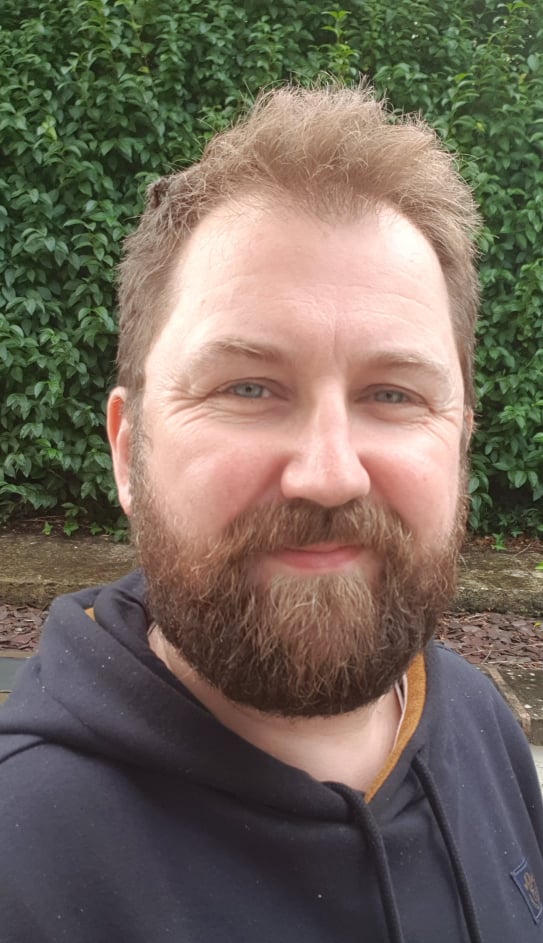NHS chiefs were asked how Ysbyty Glan Clwyd’s emergency department could be “de-escalated” when patients in Conwy are still reportedly waiting up to 48 hours in hospital corridors.
The issue was raised at a social care and health scrutiny committee at Coed Pella, where councillors grilled Betsi Cadwaladr University Health Board chiefs on the state of the NHS in North Wales.
Attending the meeting were Dyfed Edwards, chair of the health board; Gareth Evans, integrated health community director; and Alison Cowell, assistant area director for child and adolescent health.
Mr Edwards began by acknowledging the challenges the board has faced since being placed in special measures two years ago.
He told councillors there had been “challenges in every area” but claimed the situation had since stabilised. He also pointed to significant reductions in patient backlogs.
He said there had been a 43% reduction in the number of patients waiting two years or more for treatment.
Health chiefs added that a number of areas had improved, citing the example of Ysbyty Glan Clwyd’s emergency department, which in 2022 been designated as a Service Requiring Significant Improvement (SRSI) due to concerns raised by the Healthcare Inspectorate Wales. It was de-escalated following an unannounced follow-up inspection of the Emergency Department in 2024.
But the claims were met with opposition from councillors, including Cllr Cheryl Carlisle, who questioned how the department could have been de-escalated while patient experiences remained “worse than ever”.
She said: “You say that Ysbyty Glan Clwyd (YGC), the emergency department (E.D) there, has been de-escalated by the Health Inspectorate for Wales, but the patient experience for those of us in Conwy is worse than ever.
“There are waits of 48 hours. I regularly witness my residents for 48 hours in chairs in corridors, and I’m not quite sure how de-escalation has come around, when things are patently so bad in this central area.”
Responding, Gareth Evans defended the board’s progress, insisting some performance measures had improved, although he acknowledged major pressures remained.
He said: “I don’t think waits have got worse. I think, in some areas, performance data is telling us things have got a bit better.
“So things like how long people are waiting in ambulances before they are offloaded has actually got better; however, there are still some areas which probably haven’t improved and probably are pretty much the same.
“So, we still have far too many people that wait more than 12 hours for admission once they need to be admitted. That is a key performance indicator that we are not getting worse on, but we are struggling to make the improvements that we would like to.
“And that is because that particular key performance measure is highly dependent on things that go on outside the emergency department – how long people are delayed getting home from hospital, and indeed, how many people are coming to the front door in the first place.
“So, I wouldn’t want to play down the experience of people who use our services and our E.D. at YGC (who say it) still isn’t good enough. It isn’t. But the concerns that the Healthcare Inspectorate Wales identified when they placed us into special measures have been addressed.”
He added: “But it doesn’t mean it’s perfect by any means. The problems we have at YGC E.D. are probably no different than the ones we have at E.D. departments anywhere in the UK, I would suggest.
“So there is lots, lots more improvement work going on, and we will need to go on so that hopefully, one day, you’ll sit here and say things have got better.”
















